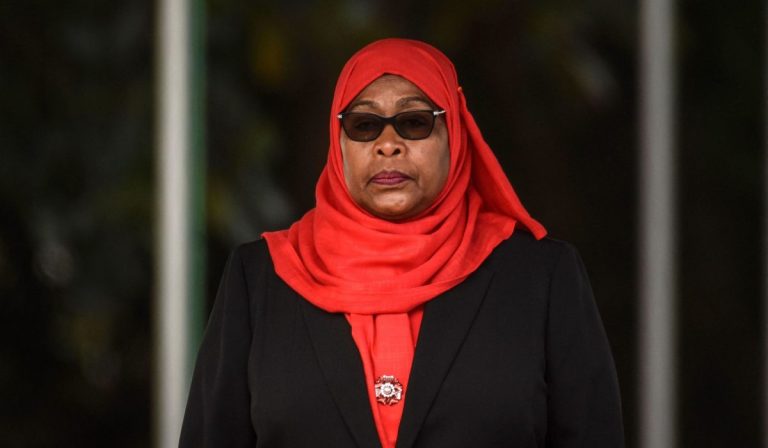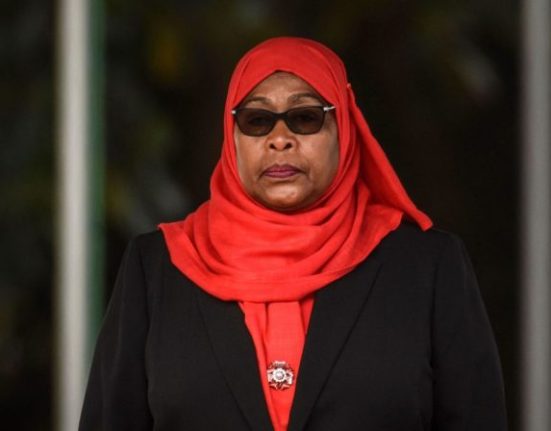In a startling development that has sent ripples across East Africa, Tanzanian authorities have restricted access to the social media platform X (formerly known as Twitter) following a high-profile cyberattack. The incident involved the hacking of the country’s police force’s official account, which was then used to circulate false information alleging the death of President Samia Suluhu Hassan.
According to NetBlocks, a global internet observatory, X became inaccessible across major internet service providers in Tanzania on Wednesday. Users across the country were forced to rely on Virtual Private Networks (VPNs) to gain access to the platform, a move widely interpreted as an attempt by authorities to contain the spread of misinformation and public unrest.
The now-debunked announcement triggered swift outrage within government circles. The Tanzanian Minister of Information, Communications and Technology, Jerry William Silaa, confirmed the cyber breach while addressing the parliament. He disclosed that in addition to the police’s X account, the YouTube channel belonging to the Tanzania Revenue Authority (TRA) was also compromised. Silaa stated that inadequate digital security protocols allowed hackers to gain access to these official pages, though he assured lawmakers that both accounts have since been recovered.
“The reason these accounts were compromised is that their security protocols were not sufficiently robust. These accounts have since been restored,” the minister said.
The timing of the cyberattack coincided with rising regional tensions, following the recent arrest and disappearance of prominent East African activists—Boniface Mwangi from Kenya and Agather Atuhaire from Uganda. The duo had travelled to Tanzania to show solidarity with opposition figure Tundu Lissu, who is currently facing treason charges ahead of the country’s general elections slated for October.
Their sudden disappearance shortly after their detention by Tanzanian police has added to public anxiety, fueling speculation of a crackdown on dissent and stoking fears of human rights violations. While authorities have remained tight-lipped about their whereabouts, civil society groups across the region are demanding transparency and accountability from the Tanzanian government.
Meanwhile, law enforcement agencies have launched a manhunt for those responsible for orchestrating the hack and distributing the false report about the president. A stern warning has also been issued to the public, cautioning against the spread of unverified information, especially through social media platforms.
This incident has brought renewed attention to digital security lapses within government institutions and has raised broader questions about freedom of expression and press freedom in Tanzania as the country approaches a politically charged election season.
As of now, access to X remains heavily restricted, and authorities have not indicated when the block will be lifted. The developments are being closely monitored by digital rights organizations and regional stakeholders concerned about democratic space and the rule of law in East Africa.

